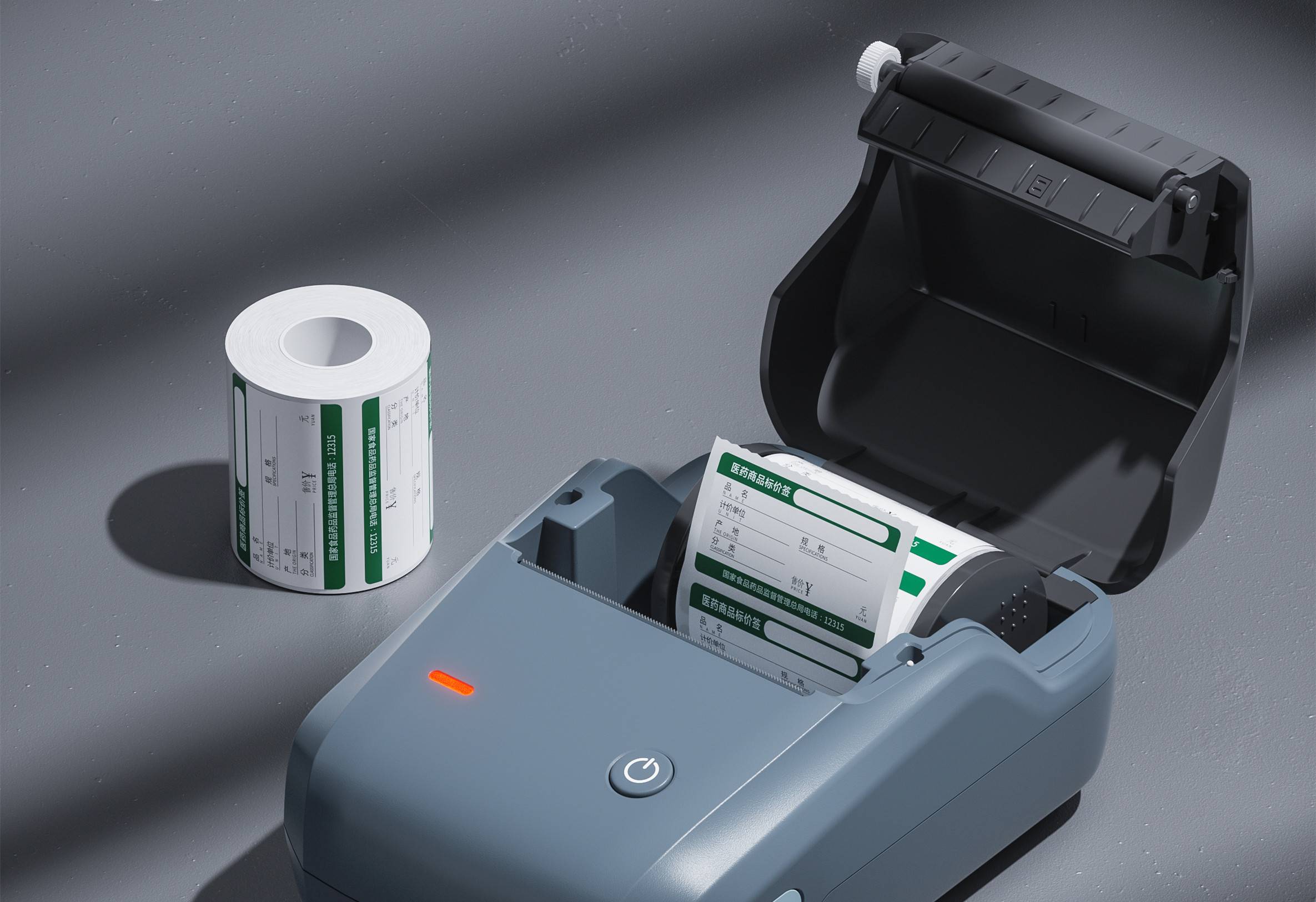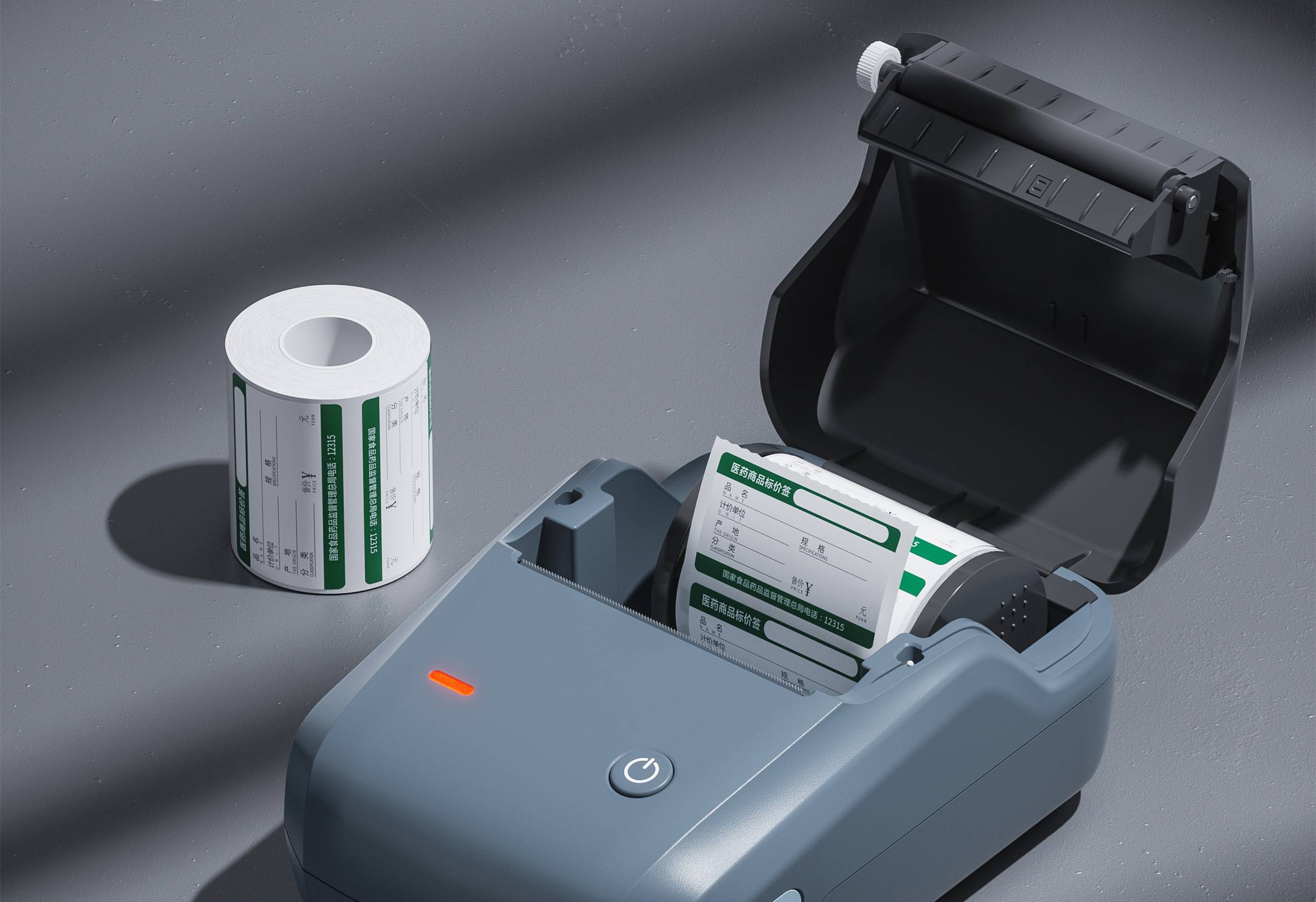
Certification Introduction
Bluetooth certification is also called BQB certification. In short, if your product has Bluetooth function and the Bluetooth logo is marked on the appearance of the product, it must pass BQB certification. Bluetooth certification is a certification procedure that any product using Bluetooth wireless technology must go through. The Bluetooth wireless technology defined in the Bluetooth system specification allows short-range wireless data connections between devices.
The product has Bluetooth function and the Bluetooth logo is marked on the appearance of the product. It must pass the Bluetooth BQB (Bluetooth Qualification Body) certification.
Standard reference
The Bluetooth certification program reference document is the standard reference for the product certification process.
Members of the Bluetooth Special Interest Group have the free right to use Bluetooth wireless technology in the product list of the Bluetooth Certified Product List (QPL). Bluetooth SIG members are free.
Bluetooth QPL lists all licensed Bluetooth products, subsystems, components and development tools. The products listed in QPL are specifically authorized by Bluetooth certification groups (BQBs) distributed around the world. Any BQB can evaluate, certify, and list any certified products. Joining BQB early can minimize the time and cost of product development.
organization
The Bluetooth product certification policy, documented in the PRD, was formulated by the Bluetooth Certification Evaluation Board (BQRB), which was elected by representatives from 9 Bluetooth SIG sponsoring companies. The certification process is the responsibility of the Bluetooth Certified Administrator (BQA) representing the interests of BQRB.
BQRB recognizes individual Bluetooth certification groups (BQBs) and authorizes them to certify and list products. BQRB also recognizes those Bluetooth certified test equipment (BQTFs) that have been qualified to perform and report Type A test results effectively (see the certification process description for more details) BQRB also recognizes Bluetooth technology appraisers, who appraise and recommend BQTF candidates.
Bluetooth BQB certification process

Bluetooth BQB certification cycle and sample requirements
(1) Certification period: 1-2 weeks;
(2) Number of samples: 2 finished products, 2 engineering prototypes (enter BQB test mode).
Bluetooth BQB certification body
Bluetooth community
The Bluetooth Certification Group (BQB) is authorized by BQRB to provide services for members who need to obtain Bluetooth product certification. Members get certification services directly through BQB. BQB is responsible for checking declarations and documents that do not comply with the specifications, evaluating product test reports, and listing products in the official database of Bluetooth authorized products. BQB must be a member of Bluetooth SIG or an employee of Bluetooth SIG. BQB is an independent individual and does not need to be affiliated with test institutions and manufacturers.
The BQB certification mark is:

testing agency
The Bluetooth Certification Test Organization (BQTF) is officially recognized by BQRB and can complete the "Class A" Bluetooth certification conformance test identification in the Test Case Reference List (TCRL). The authoritative description of the role of BQTF is described in section 4.3.3 of the Bluetooth Certification Program Reference Document (PRD). Members can directly use BQTF for testing services. Generally, BQTF can also provide additional Bluetooth testing services.
Ability range
1. Radio frequency conformance testing, including RF, baseband and physical test specifications.
2. Protocol and profile conformance testing, including baseband, link management, L2CAP and profile conformance testing specifications.
For BQTF conformance testing capabilities, please refer to the test instance status and capabilities page. For information about BQTF certification processing and standards, please refer to the BQTF applicant page.
Qualification authorization
The task of the Bluetooth Technology Assessor (BTA) is to represent the Bluetooth Certification Evaluation Board (BQRB) and to conduct the technical capabilities of the testing organization appointed for Bluetooth compliance testing and later authorized by the Bluetooth SIG as a Bluetooth Certified Test Equipment (BQTF) Assessment.
The steps and criteria for becoming an authorized BTA are explained on the BTA application page.
Our advantage
1. With a professional qualification and experienced expert technical team, we can provide you with professional consultation and services.
2. Have advanced laboratory equipment to ensure the accuracy and reliability of test data.
3. As a third-party testing and certification organization trusted by customers worldwide, we are your certificate of quality.

Label printers entering the Brazilian market, ANATEL certification is an essential passport! It is the recognition of the Brazilian Telecommunications Authority for the safety and compliance of electronic products, without which products cannot be legally sold.

SRRC certification is not only a guarantee of product compliance, but also a key to opening up the market.

FCC ID certification is a mandatory certification for electronic products by the Federal Communications Commission (FCC) in the United States, and it is essential for label printers to obtain this certification.
Bluetooth certification is also called BQB certification. In short, if your product has Bluetooth function and the Bluetooth logo is marked on the appearance of the product, it must pass BQB certification.
Get a quote